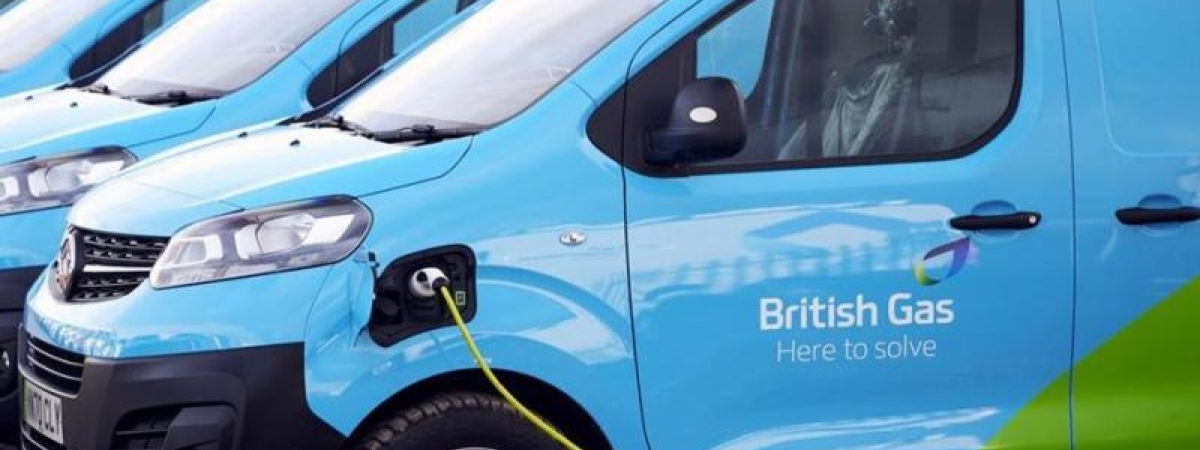
The number of electric vehicles operated by UK businesses is set to increase by 35% within 12 months, with many firms planning significant investment, a survey has found.
Carried out by Centrica Business Solutions, the survey polled representatives from 200 UK-based businesses of various sizes and sectors with responsibility for fleets. All firms represented reported a turnover exceeding £1m last financial year and operate at least one vehicle.
Almost half (44%) of the businesses said they had added more EVs to their fleet within the past 12 months and added charging points to their premises (48%). When Centrica Business Solutions scaled the reported investment in vehicles and related infrastructure for 2021 to all UK firms, it concluded that total investment by UK Plc would have stood at £11.6bn. This is lower than the £15.8bn it had been hoping for, with complications posed by challenges like the Covid-19 pandemic, chip shortage and rising cost of living.
The good news is that most of the businesses surveyed say they are prepared to increase EV-related investments this year. Centrica Business Solutions is forecasting that UK Plc will invest £13.6bn in electrifying vehicles in 2022, a 15% increase. It estimates that UK businesses are primed to adopt around 163,000 EVs this year, representing a 35% increase in the current national stock of business-operated EVs on British roads.
Despite financial challenges, these findings indicate that businesses are remaining focused on their long-term sustainability targets and keen to be ahead of the curve with the UK’s ban on new petrol and diesel sales in 2030. Almost two-thirds (62%) of businesses polled said they expect to operate a fully electric fleet by 2026. 36% are preparing to install on-site chargers this financial year.
Centrica Business Solutions has acknowledged that many firms may see EVs as a way to combat skyrocketing petrol and diesel prices. Average road fuel prices hit a record high of 185.6p per litre of petrol and 192.8p per litre of diesel in mid-June, according to the RAC.
Nonetheless, the survey found that the main drivers of EV adoption are meeting long-term sustainability targets and responding to employer, customer and investor pressure to reduce emissions.
“Businesses will continue to play a vital role in achieving the UK’s green transport ambitions, but with a record number of EVs expected to enter the UK car park this year, we must ensure the supply of vehicles and wider charging infrastructure is robust enough to meet the demand,” said Centrica Business Solutions’ managing director Greg McKenna.
Noting the fact that EV adoption has been significantly outpacing charging infrastructure expansion, for several years, the UK Government committed in March to delivering a tenfold increase in public charging points this decade. Also included in its EV Infrastructure Strategy were commitments to introduce mandates for charging network operators on reliability, accessibility and charging costs.
This week, new regulations designed to make EV charging ‘smarter’ in the UK came into force. All home and workplace charging points sold in England, Scotland and Wales must now have smart charging capacities, enabling motorists to charge up when grid demand is low. This provides cheaper charging to motorists and helps to balance the grid. Drivers are still able to override this option if they need to charge up more quickly.

Comments
No Comments yet!